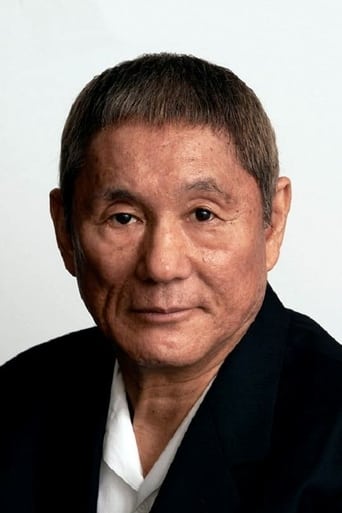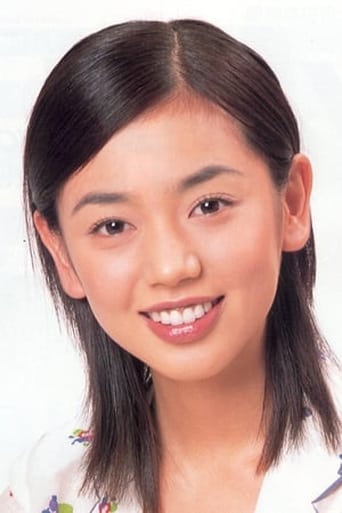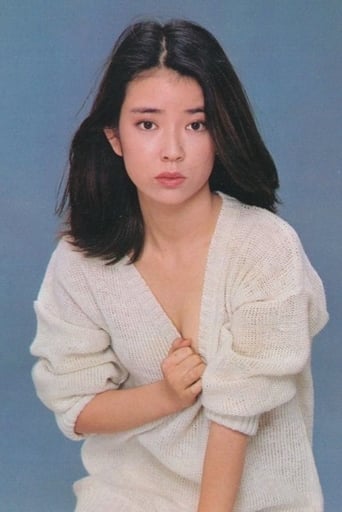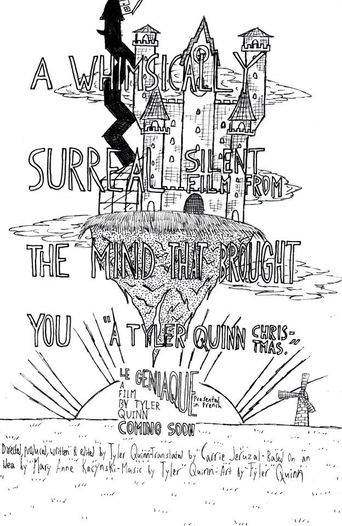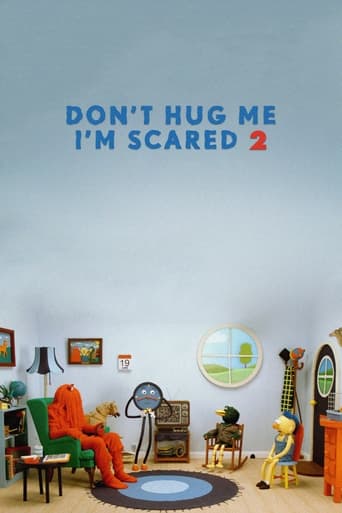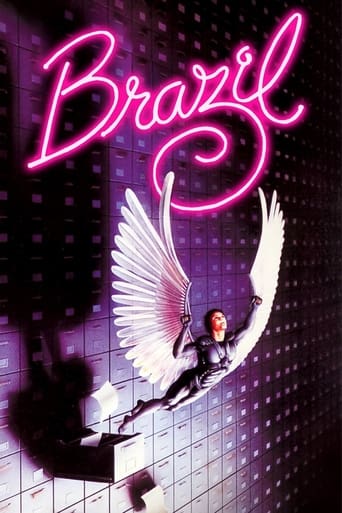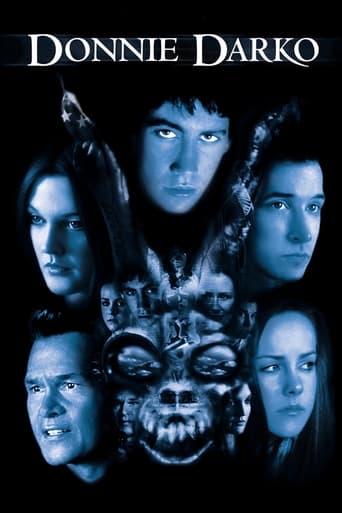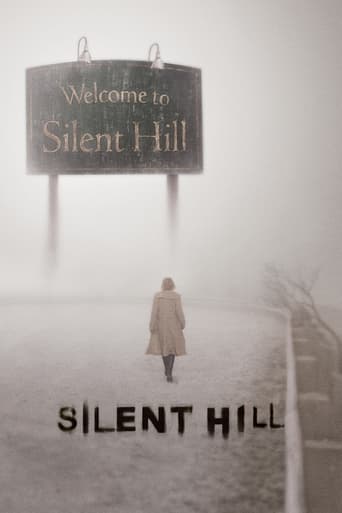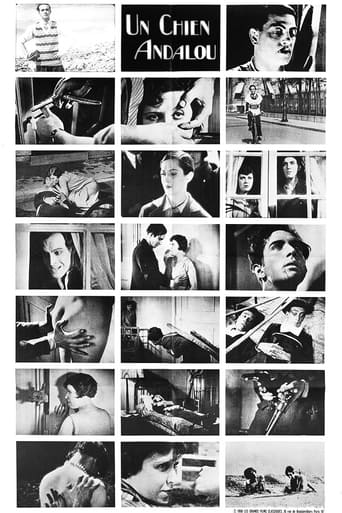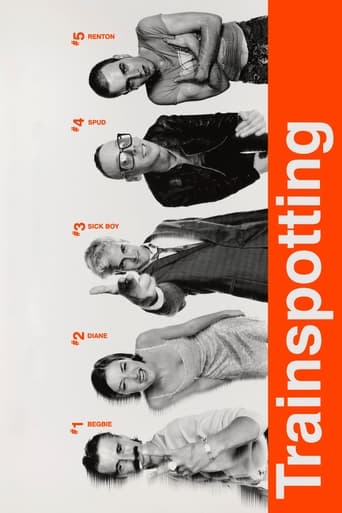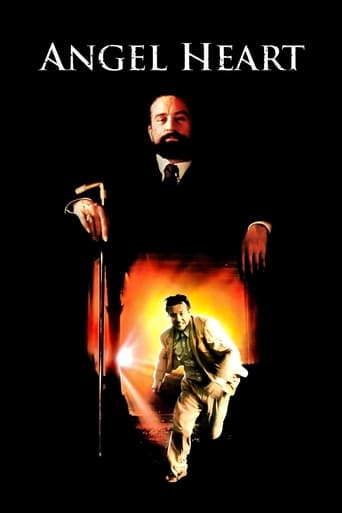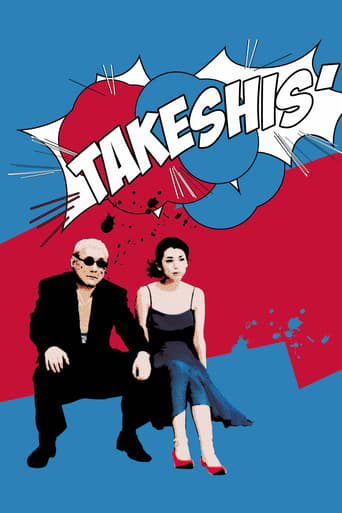
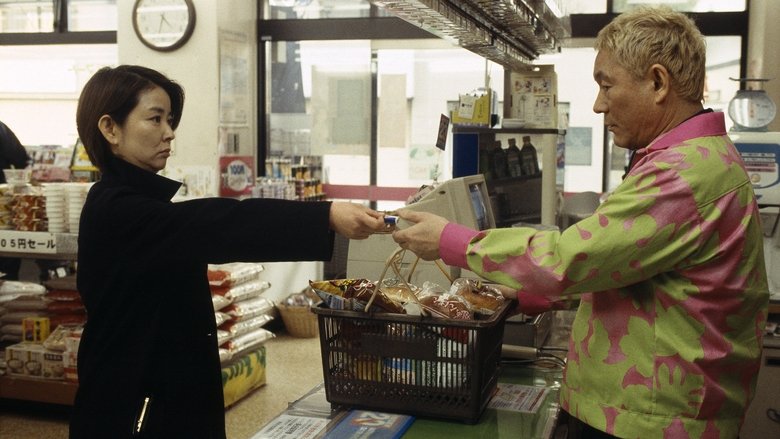
Takeshis' (2005)
Beat Takeshi lives the busy and sometimes surreal life of a showbiz celebrity. One day he meets his blond lookalike named Kitano, a shy convenience store cashier, who, still an unknown actor, is waiting for his big break. After their paths cross, Kitano seems to begin hallucinating about becoming Beat.
Watch Trailer
Cast


Similar titles
Reviews
Beat Takeshi's latest film is a long slow and self indulgent attempt to move out of the yakuza genre. The film begins like "Curb your enthusiasm with Beat Takeshi" as we follow the iconic star through his daily life. The film shifts gear as he meets his doppelganger, a jobbing actor and convenience store clerk. Then it begins to get "surreal". But unfortunately Beat Takeshi is not a very interesting surrealist. This is surrealism for people who think that the matrix is surreal. He uses lazy wackiness and unoriginal symbols in laboured dream sequences. We've seen it all before and its very boring.But Takeshis becomes an interesting satire on media violence and develops some interesting visual moments in its later stages. It appears to be a discussion of how takeshi's previous films and persona could be interpreted. A self reflexive work. Not a bad idea. Just poorly executed even though Takeshi's skill in editing, black comedy and orchestrating vioence is still present. The ending is also an annoyingly neat cop out. A final indignity at the end of a film that is far too long.Very disappointing.
Since I saw Fireworks,I am following director Takeshi Kitano's movies.I have liked a lot all his movies but,by my point of view,he gets better results when he tells clear stories,like in Brother,Zatoichi or Fireworks than when he tells surreal stories,like in Dolls or,now,Takeshis.I liked Takeshis but,by my point of view,is his less obtained film.First of all,let's go to the fails.The surrealism does not bother me on movies but,there is a moment in Takeshis that the story was so surrealistic that I felt the film was going nowhere.Also,it gets a little bit boring on some parts.Still with that,Takeshis has good elements.Kitano backs to do a very precise direction.The story is ingenious and,except for some parts,the film kept me fun.In summary,I liked Takeshis but I think Kitano exceeded a little bit on the surrealism and I think it's his less obtained film.But,I appreciated that this film goes beyond the common and that's enough reason to recommend it with the warning that this is not for everyone.
TAKESHIS' I have been thinking about what exactly the apostrophe in the title is doing.An apostrophe is used to indicate the omission of a letter or letters from a word, the possessive case, or the plurals of numbers, letters, and abbreviations. To have a plural of "Takeshi", you just add an "s". To show that Takeshi owns something, you would simply write "Takeshi's thing". Therefore, the title "Takeshis'" would be the possessive of the plural "Takeshis".Perhaps the title isn't (incorrectly) denoting a plural, but actually means that this film belongs to "more than one Takeshi"? It belongs to all of Takeshi's personas, and characters. It COULD just be another example of misuse of the poor apostrophe, but maybe Takeshi studied hard at school, and has dedicated this self-parody to himself, and his own multiplicity.That being said, he reportably not all of the Takeshis are happy, as one was reportably quoted as saying: "Today I saw the film again and it's terrible. 'Who the hell made this?' I thought to myself. I set out to make a strange, groundbreaking film, and I think it succeeds, but it feels like I made a car that was so fast I couldn't drive it and fell out. If I win the Grand Prix, it must mean I'm nearing death, so I don't need it. This period is over. Next time I'm going to make an orthodox film in the style of the masters and then maybe I'll win." I think he was being too hard on himself (himselves?), but perhaps it never ends for an artists such as him (them?).OK, enough with the plural jokes, and they probably only amuse me anyway. I just finished watching the film. It had been sitting on my shelf for a while, and I needed to relax after a frustrating mêlée in Half-Life 2 (Nova Prospekt!). I had intentionally read as little as I could about this film beforehand, and I had almost no idea what to expect when the film began. However, I instantly knew that I was watching a Takeshi Kitano film - the unmistakable style of the director completely permeates this film. Besides, there was a big blue "K" at the start.This film is like some kind of flushing out of Kitano's creative musings. It is surreal and dreamlike, free form, and has some fantastic images and compositions. The film is almost totally devoid of complex narrative, and is instead experimental and perhaps introspective for the director. Perhaps this is what his dreams are like, and if he means what he said above, maybe this film is the end of an era - the final digestive process before moving on to the next creative banquet.I truly respect Kitano for his bold creativity in film. He seems to attack it as he does his painting. He creates for himself, and I am sure whatever his next project is, it will be unmistakably his own.
Two years after dusting down Shintaro Katsu's blind Zatoichi persona for his quirky period-drama re-jig, Takeshi Kitano is back in his own original territory - with a somewhat intriguing inclination towards double-vision. Takeshis', which debuted at this year's Venice International Film Festival and subsequently screened at the celluloid festas in Vancouver, Toronto and London, has thus far traversed a bumpy course, with critical maulings riding shotgun up there alongside the more expected superlatives. On one level a homage to the yakuza gangster flicks Kitano helped to define (since taken to the violent extreme by Takeshi Miike in Ichi The Killer), this movie also doubles as a parody of the style and might just be Kitano's farewell kiss to same. The 58-year-old writer/director has quipped that this is a funeral for the genres he explored over the last dozen movies, in particular the gangster premise, and die he apparently does - several times over - as do more than half the cast and extras in a series of grandiose shoot-outs. The yakuza die. The samurai and the sumo die. Heck, even the deejay in the club scene dies. In the process Takeshis' throws together a smattering of melancholia, a whacked- out sense of humor, tap-dancing musical interludes, a Bonnie & Clyde twist, and touts more guns than a John Woo slug-fest. The narrative structure is as peppered as a spray of bullets from an Uzi. The gist of the story is a shake-down of two characters played by 'Beat' Takeshi (Kitano) himself: one the "real life" movie star/director, and the other a shy, deadbeat convenience store clerk who aspires to an actor. But there's a third overwhelming id here, and that's Kitano's own on-screen alter ego from those earlier yakuza romps. The question - which one of these three is the real McCoy? - disintegrates as proceedings reach out on a surreal, metaphysical limb in which dreams interplay with reality, nightmares become farce - and then all swings violently back into an unsure version of the here and now. This makes for a sublime visual feast that's as baffling as it is refreshing. Kitano's trilogy of parts aside, there's a bevy of other doppelgangers, mirror images and dead-ringers rife throughout this movie. Kotomi Kyono, while a tad dull as the movie star Takeshi's girlfriend, bears more than just costume jewelery sparkle in her ulterior role as a glitzy, ditsy yakuza girlfriend who happens to be the deadbeat Takeshi's tormenting neighbor. As the creative synod here, Kitano certainly isn't afraid to poke fun at himself or the genres he's looked at more seriously in the past. But, after teasing with some mischievous insights, he then skirts the issue. And the weak moments in Kitano's earlier film Dolls (2002) - self-conscious "artistic" references - are stitched into Takeshis' with abandon. A recurring clown motif, bullets-as-star- constellations riff, and heavy-handed symbolism (in this case of a caterpillar) almost bludgeon the viewer, as if Monty Python had taken a blunt instrument to David Lynch - rendering it all a bit like Eraserhead on a bad hair day. Not that this is such a bad thing; at times, it's brilliant. In some bizarre way - don't bother asking how - Kitano pulls off the slap-stick Mothra-sized larva pantomime that appears at various stages throughout proceedings. But on the whole it's these asides that make the movie lurch, and off-shoots like the World War II scenes that book-end the film come off as just plain obscure. Takeshis' could have been that much stronger a movie. As it stands, in spite of (or because of) the pointed vignettes, the tap-dancing, and the associated meanderings-within-daydreams, it's a minor masterpiece. Just.ANDREZ BERGEN


